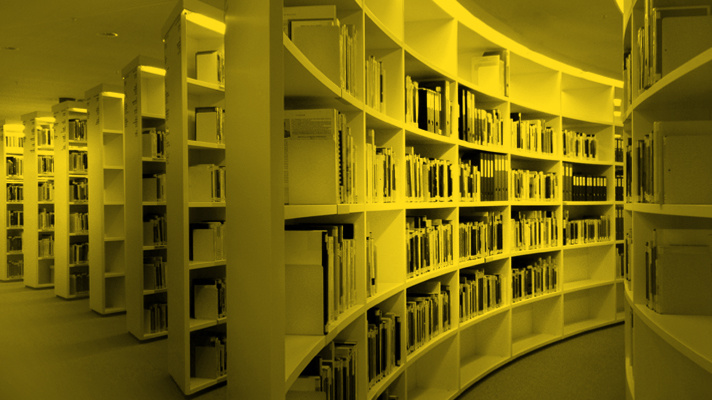“Down with weapons!”, demanded pacifist Bertha von Suttner in 1889, thus becoming the voice of the disarmament movement. In light of repeated new debates over the Franco-German War (1870-1871) or the Balkan crisis (1875-1878) and new technologies such as the feared poison gas, disarmament efforts formed a key milestone in the search by the European major powers for a new kind of international conflict over and beyond war. In 1899, these efforts condensed when, at the behest of Russian Czar Nicholas II, a peace conference was convened in The Hague. For the first time, it was intended not to solve existing conflicts but to create a framework for future conflict resolution.
This is the starting point of the research project by historian Prof. Haakon Andreas Ikonomou, who is investigating the shared efforts on security and general disarmament between the 1890s and 1930s from the perspective of international organization in general and specifically European multilateralism. The fact that these efforts failed in the final instance prompted Bertha von Suttner to diagnose in frustration: “Stupid, obdurate humanity. In The Hague, it has opposed the consequences of awakened pacifism”. Prof. Ikonomou, however, sees the opportunity to learn from history for the challenges of the 21st century by asking: Why did it not function? How was disarmament actually organized and institutionalized? What tensions did the central actors generate and overcome or why did they succumb to them?
Taking the example of the Hague Peace Conferences of 1899 and their continuation in 1907, Prof. Ikonomou outlines the fundamental dynamics that characterized the disarmament efforts: the interaction between institutions and the public sphere. States and their institutions carefully developed a legal framework for what was essentially a political matter that affected their core interests, while the new global public sphere, by contrast, called for deeds.



